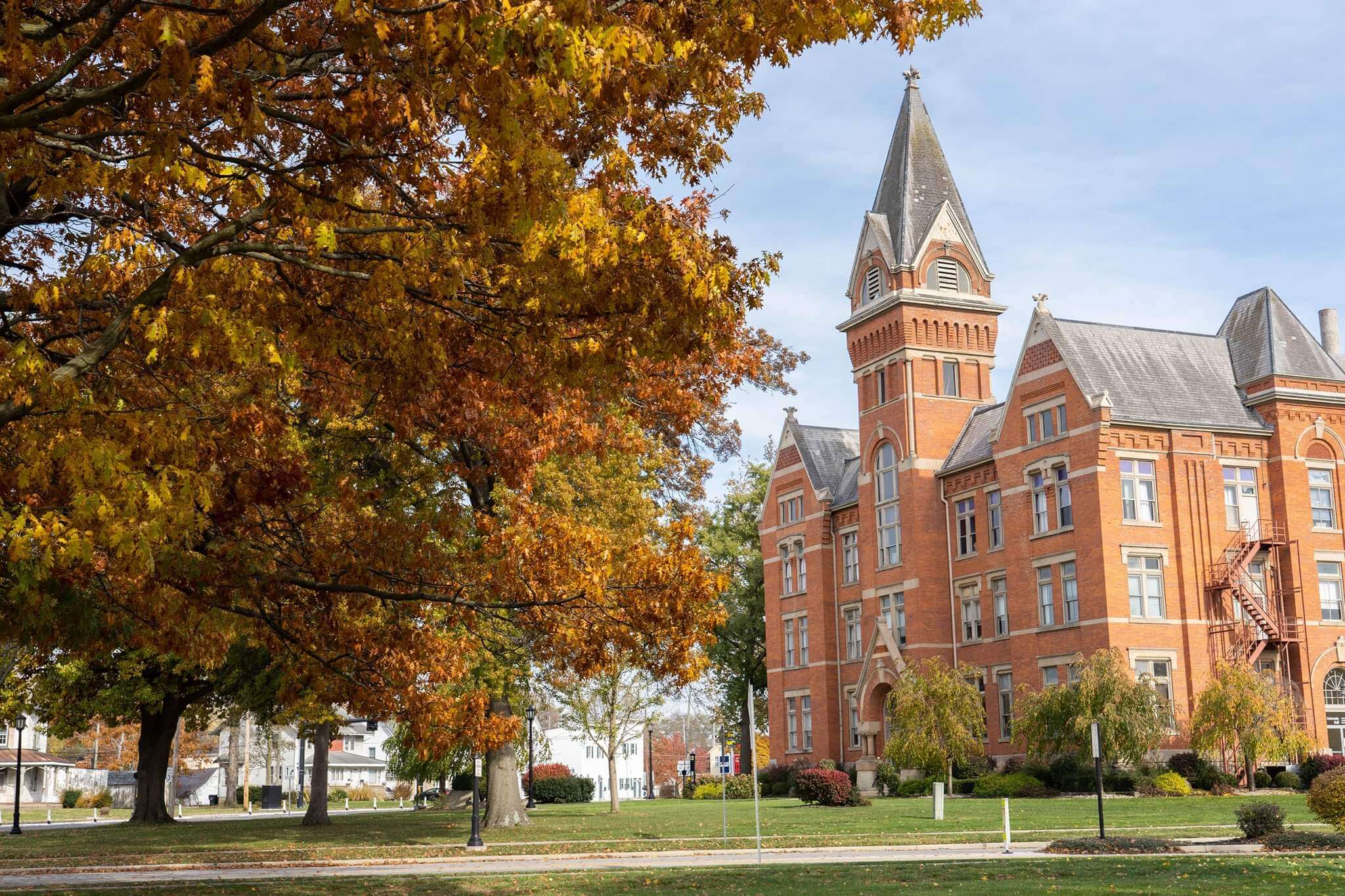A detailed overview of the specialisations follows:
Literary Studies
This comprises the entire bandwidth of Slavic literary studies in the two languages selected. Along with philological engagement with texts, cultural studies and comparative inquiries will also be pursued. This specialisation also offers students an opportunity to pursue an area that reflects their own individual interests.
Linguistics
Linguistic research methods and their present and past use in association with the two Slavic languages selected are at the core of the Linguistics specialisation. The applied area consists of a choice of two of the following linguistic areas: Russian, Polish, Czech, Bulgarian, or Croatian/Serbian Studies, taking into account the relevant sociocultural aspects of the Slavic language communities.
Eastern European History
The specialisation in Eastern European History focusses on the history of the Slavic language zone with particular examination of the history of the Russian and Soviet empires. In a research-oriented approach, case studies will be used as the basis for testing and discussing methods and theories relating to history studies. Within this specialisation, the only language combination permitted is Russian with one other Slavic language (Bulgarian, Croatian, Polish, Serbian, or Czech).
Two elective specialisations
This alternative allows students to choose two from the three specialisations of Literary Studies, Linguistics, or Eastern European History. In addition, students will acquire basic language skills in a further Slavic language or will pursue advanced studies in a second Slavic language that was pursued as a part of the Bachelor’s degree. This alternative may be pursued if only one Slavic language was acquired during the Bachelor’s degree or if students wish to pursue a combination of two specialisations. Students who select Eastern European History as one of the two specialisations must choose Russian as one of the languages to be studied.
Minor subject
Slavic and Eastern European Studies may also be pursued as a minor at the Master’s level. A prior Bachelor’s degree in Slavic Studies or in an area related to Eastern Europe is not required for this programme. Based on students’ existing knowledge, the objective of the minor degree programme is an introductory (option 1) or advanced (option 2) study of one of the Slavic languages as well as a general overview of the entire spectrum of Slavia in both its modern and historical dimensions. The Master's degree programme in Slavic Studies may be pursued as a minor subject comprising 20 CP.
Show less 